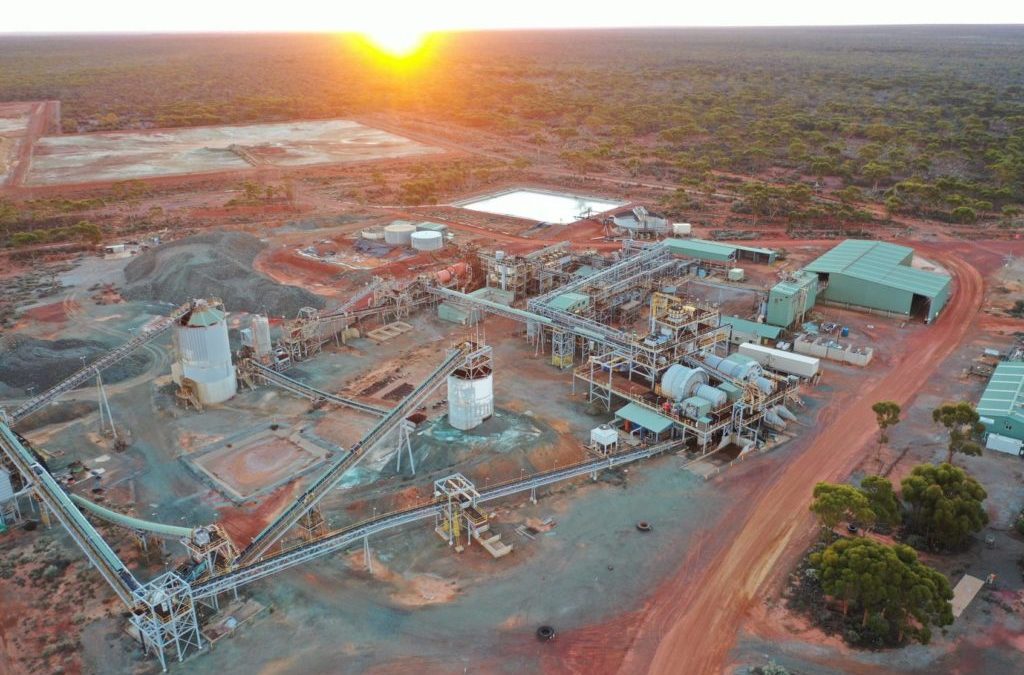Poseidon Nickel’s Black Swan project in Western Australia has reported a 14 per cent increase in its average nickel grade.
Poseidon managing director and chief executive officer Peter Harold said the increase was an important step as the project moves toward final investment decision.
“Completion of the updated Black Swan disseminated resource and block model is an important milestone for the company, underpinning the project operating model as we move towards the final investment decision,” he said.
“Black Swan has a 2.2Mtpa (million tonnes per annum) process plant and this resource upgrade is a key deliverable in our “fill the mill” strategy to leverage off the existing infrastructure and large resource base at Black Swan.”
Compared to the 2022 Black Swan disseminated mineral resource, the project has reported a 48 per cent increase in the contained nickel in the measured and indicated mineral resources, providing increased confidence in the nickel grade distribution and the metallurgical characterisation.
“The resource update incorporates the results from the recent 112-hole (10,845m) infill reverse circulation drill program undertaken between December 2022 and March 2023,” Harold said.
“We are pleased the drilling and subsequent resource update achieved a substantial 48 per cent increase in the Black Swan disseminated measured and indicated resources.
“The greater nickel inventory of “higher confidence” mineral resources can now be considered in future ore reserves estimations. In addition, there is a much-improved understanding of the grade distribution within the metallurgically important serpentinite (low talc material) and talc-carbonate hosted ores below the existing Black Swan open pit.
“Understanding the distribution and metallurgical characteristics of these ore types is key to further de-risking the restart of Black Swan.”



